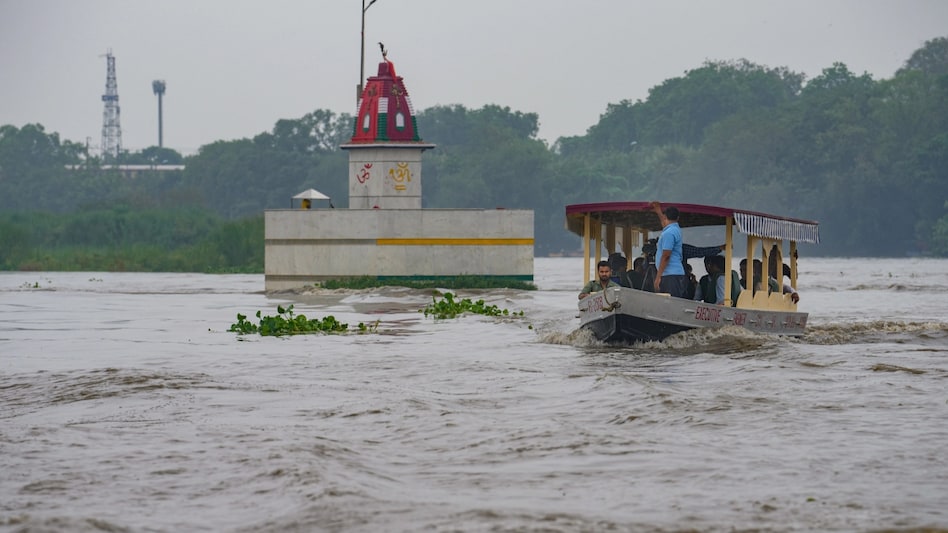As of July 13, 2023, the Yamuna River’s water level had surpassed the danger mark, reaching an all-time high of 208.5 meters. This has led to flooding in several low-lying areas near the river, affecting the lives of thousands of people. The rising water levels have also resulted in sewage overflowing into residential areas, polluting the environment and exacerbating health risks.
Health Problems Associated with Contaminated Water:
The contamination of water due to sewage backflow poses a significant risk to public health. When people consume contaminated water, they are at a higher risk of contracting waterborne diseases such as cholera, typhoid, hepatitis, and gastroenteritis, these diseases can cause severe symptoms, including diarrhea, vomiting, dehydration, and in some cases, even death.
- In addition to waterborne diseases, the flooding caused by high water levels opens the door to other health issues.
- Stagnant floodwaters become breeding grounds for disease-carrying mosquitoes, increasing the risk of mosquito-borne diseases like dengue and chikungunya).
- These diseases can lead to fever, joint pain, and, in severe cases, organ damage.
Government Response and Health Precautions:
The Delhi government has taken various measures to address the situation. Evacuation efforts are underway to relocate people from flood-affected areas, providing them with temporary shelters and basic amenities. Authorities are also working to clean and sanitize the flood-affected regions to minimize the spread of diseases.
To protect themselves from waterborne diseases, individuals should take cautionary measures such as boiling tap water before consumption, using water purifiers, and practicing good hygiene, including regular handwashing with soap or hand sanitizers. Additionally, residents should be vigilant about clearing stagnant water around their homes to prevent mosquito breeding.
The rising water levels in the Yamuna river in Delhi pose serious risks to public health. Contaminated water caused by sewage overflow can lead to the spread of waterborne diseases, while flooding creates an environment conducive to mosquito-borne illnesses. It is crucial for the government and individuals to take immediate action to mitigate these risks and ensure the well-being of the affected population

 The water level in the Yamuna River in Delhi has reached alarming heights, leading to concerns about public health and the potential for waterborne diseases. Delhi, the capital city of India, heavily relies on the Yamuna River as a source of water for drinking, irrigation, and other daily needs. However, as the water levels continue to rise, the situation has become critical.
The water level in the Yamuna River in Delhi has reached alarming heights, leading to concerns about public health and the potential for waterborne diseases. Delhi, the capital city of India, heavily relies on the Yamuna River as a source of water for drinking, irrigation, and other daily needs. However, as the water levels continue to rise, the situation has become critical.









.jpeg)











.jpg)








